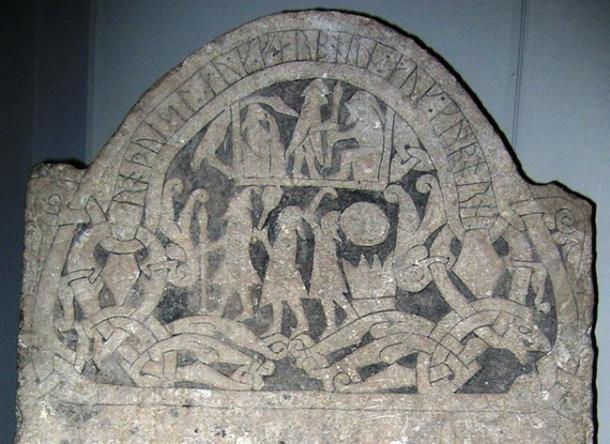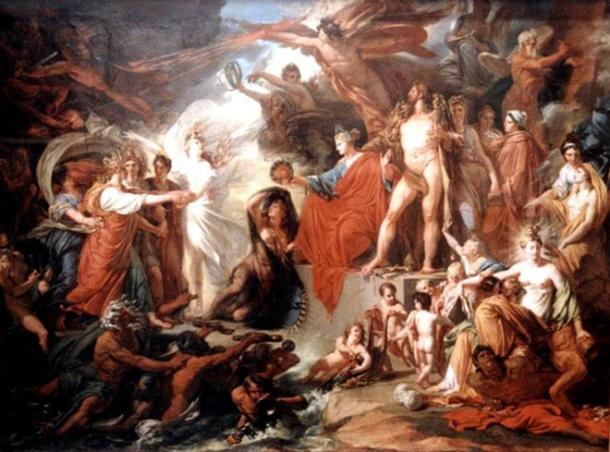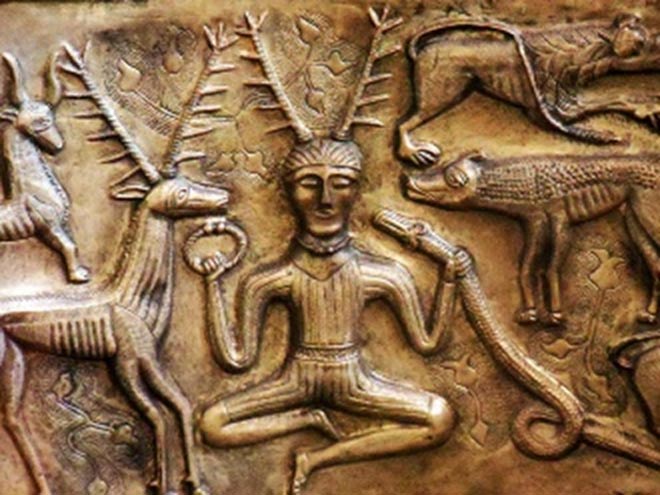9 November, 2014 - 00:53
Ryan Stone
The true meaning of Paganism



The term "paganism" was revived during the Renaissance when writers were trying to differentiate the old traditions from their contemporary Christian faith. The term itself stems from the Latin paganus translated loosely along the lines of "country dweller" or "rustic"; thus it was initially a word describing a person of locality rather than a religion. However, because of its usage in ancient texts, medieval authors mistakenly believed it referenced a religious sect and thereby gave it the corresponding connotation. In actuality, there was a different word used to describe the "pagans" as they are called today, and that word too stemmed first and foremost from the location of the religious supporters.
According to scholar Peter Brown of Princeton University, "Hellene" was initially utilized in place of "paganism". "Hellene" was a reference to Ἕλλην (Hellas), the native ancient Greek name for what is now called Greece. Brown explains that when Christianity started making appearances in the eastern communities, "Hellene" was used to differentiate the non-Christians from the Christians. Those from Hellas tended to remain faithful to the old religions, but with the strife between Judaism and Christianity beginning, the Jewish faction needed to ensure they were not incorrectly associated with them. As they were not from Greece, "Hellene" became the perfect title.
An ancient temple devoted to the god Zeus. Credit: MM, Public Domain
It is important to note that "paganism" is not intended to differentiate the polytheistic religions from the monotheistic. The number of gods does not apply to the term because many so-called "pagans" would have not considered it important to differentiate themselves based on the number of gods they worshipped. Followers of the ancient religions did not necessarily have anything against Christianity based on its preference for a singular deity—many cults within each sect had a primary deity at the center of the religion, beneath which subordinate deities were also worshipped. "Paganism" as a title was intended only to reference the non-Christians (and the non-Jews), isolating them into one solitary category that could be more easily destroyed and replaced.
‘
The Triumph of Civilization’ by Jacques Reattu (Wikimedia). Many ancient religions were polytheistic and believed in a pantheon of gods.
Detail of Runestone 181, in Stockholm. Norse gods Odin, Thor and Freyr are represented as three men. Credit: Berig, Wikipedia
Though the phrase "paganism" is widely used to describe followers of the various ancient religions, it is important to understand from where the term originates and the misconceptions behind its usage. Too many centuries have passed now—the word "paganism" will continue to label these supporters despite its original meaning. But it is never too late to be informed of the origins of the term, thereby allowing a better comprehension of the history of the ancient followers.
Featured image: Cernunnos,"The Horned One", ancient god of nature and fertility. (Source)
Bibliography
Brown, Peter. Late Antiquity: a guide to the postclassical world (Harvard University Press: Massachusetts, 1999.) s.v. "Pagan".
Cameron, Alan G. The Last Pagans of Rome (Oxford University Press: New York, 2011.)
Davies, Owen (2011). Paganism: A Very Short Introduction (Oxford University Press: New York, 2011.)
Robert, P. & Scott, N. A History of Pagan Europe (Barnes & Noble Books: New York, 1995.)
Swain, "Defending Hellenism: Philostratus, in Honour of Apollonius," in Apologetics, p. 173
Williams, Gareth, Peter Penz, and Matthias Wemhoff. Vikings: Life and Legend (Cornell University Press: New York, 2014.)
York, Michael. Pagan Theology: Paganism as a World Religion (New York University Press: New York, 2003.)
By Ryan Stone






